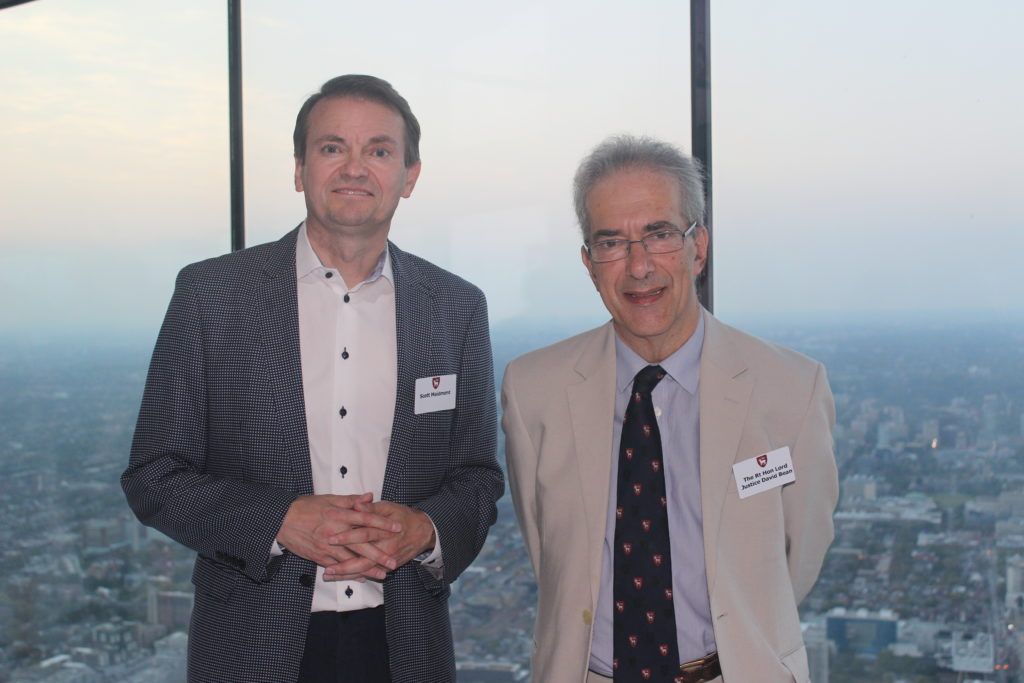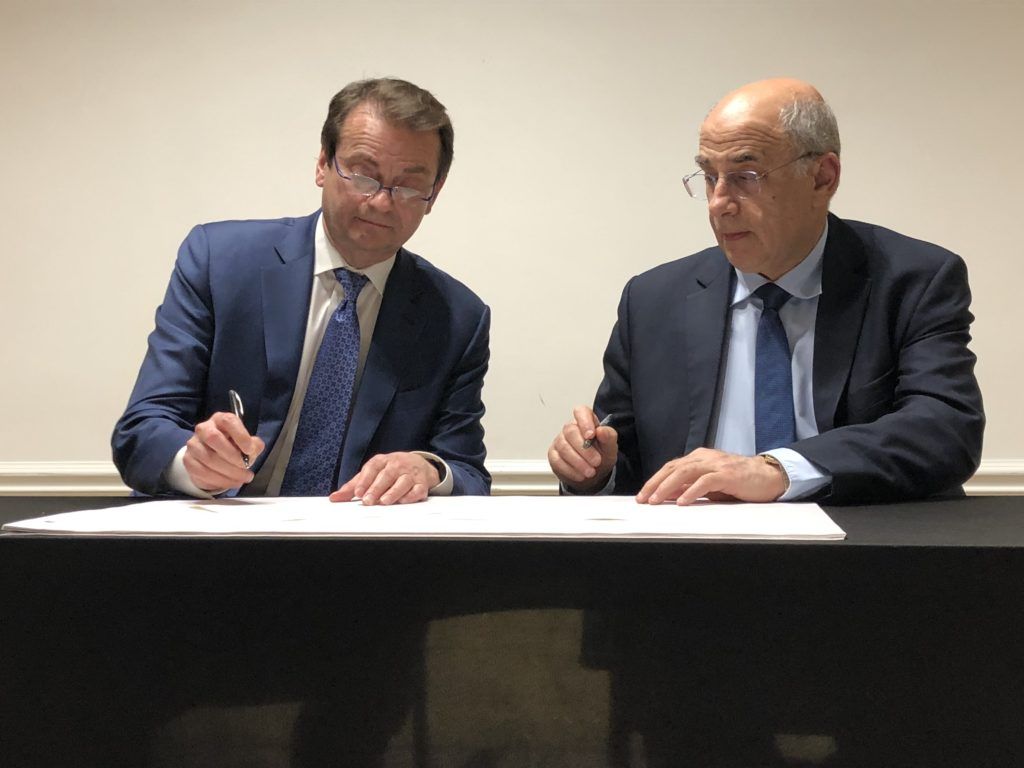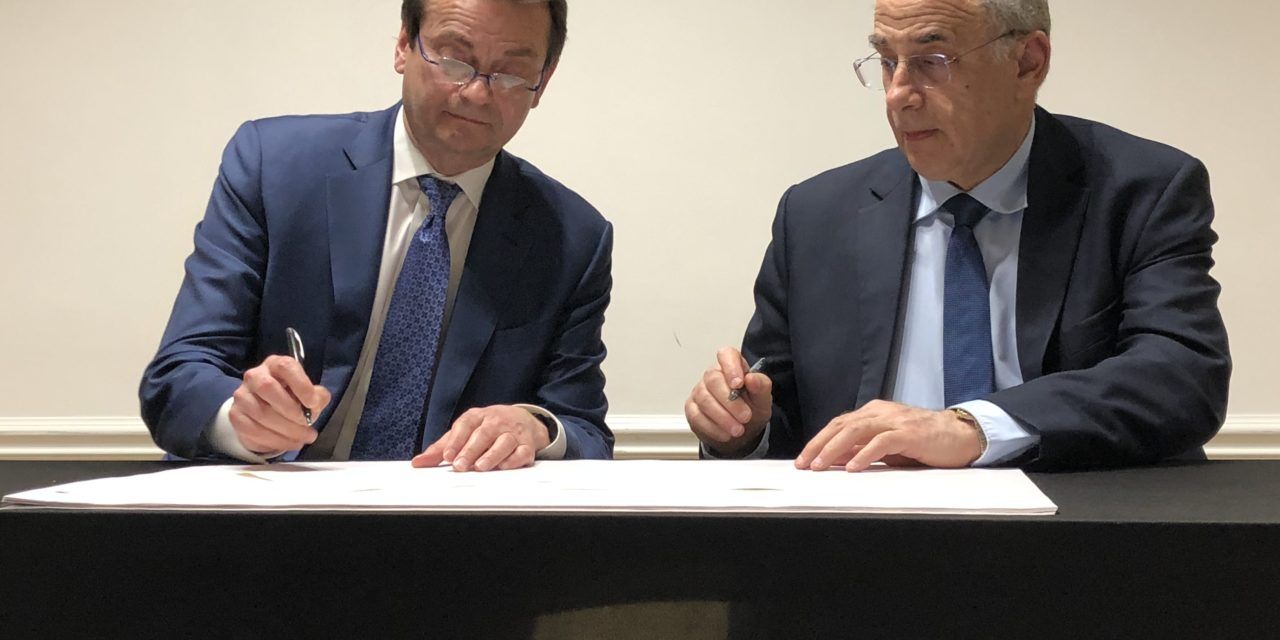
Scott Maidment was Called to the Bar of Newfoundland in 1989 and the Bar of Ontario in 1992. He studied law at Queen’s University and the London School of Economics. Scott is a partner with the Canadian law firm of McMillan LLP. He was elected President of The Advocates’ Society and Chair of its Board of Directors in 2019.
At the time of writing, Saturday 7 March 2020 is only a few weeks past and yet it seems to me now like a day from a bygone era. That Saturday found me at Cumberland Lodge in Windsor Great Park, far from my home in Toronto, Canada. As President of The Advocates’ Society, I had been invited to join members of the Middle Temple for a weekend of training pupils in advocacy. Readers will remember that those were the days when new friends were met with a handshake, when there was shared laughter over cocktails, and when dinner conversation ranged over diverse subjects unconnected to the trials of a life in lockdown.
For those who may not know, The Advocates’ Society are a volunteer organisation of some 6,000 advocates practising throughout Canada. Founded in Toronto nearly 60 years ago by a small group of leading advocates, The Advocates’ Society today enjoys a place of prominence within the Canadian legal firmament. Among other things, we pride ourselves on being the premiere organisation in Canada for the training and development of advocates as well as the leading voice for advocates within the Canadian justice system. Our mission includes thought leadership in advocacy practice, the cultivation of civility and collegiality at the Bar, enhancing access to justice, improving the administration of justice and supporting the rule of law.
At Cumberland Lodge, I was privileged to participate in an intimate signing ceremony with Master Brian Leveson, Treasurer of Middle Temple. Together we signed a Declaration of Friendship made between the Honourable Society of the Middle Temple and The Advocates’ Society. Middle Temple had proposed the Declaration following its Amity Visit to Canada in 2019, during which members of The Advocates’ Society had been pleased to join Middle Templars for a number of stimulating events in Ottawa and Toronto. The proposal of the Declaration had been a touching gesture by Middle Temple, and it had been warmly received.
A room full of pupils and instructors looked on as Master Leveson read aloud the Declaration of Friendship and then signed it. As I then took up the pen and put my own hand to the paper, I was struck by a humbling thought: ‘While I had enjoyed many friendships, I had never before “declared” one’. Suddenly I felt as I did when a child at school, and some classmate’s good example taught me more in a moment than I could learn in a full term of classes.

In the weeks of relative isolation that have followed that signing at Cumberland Lodge, I have had ample time to reflect on what it means to declare one’s friendship with another, and why it is fitting that Middle Temple and The Advocates’ Society should be friends. I now offer those reflections to the members of both great institutions.
In reflecting upon what it means to declare one’s friendship, I believe it must first be said that a declaration of friendship is an expression of trust. We express our trust that our friend not only understands that certain things are meaningful to us, but that our friend also understands the value of those things. In this sense, to declare one’s friendship is to bestow an honour upon our friend that is both glorious and intimate.
There is perhaps no firmer basis for friendship than mutual respect for one another’s commitment to a common purpose. Our respective members are advocates and judges, and so we practice the same crafts and share many similar traditions. We are each dedicated to the rule of law and we work to support the proper administration of justice, and so we share a common mission. We each believe in the value of advocacy skills training and the cultivation of professional excellence, and so we share a common aspiration. For each of us, our Declaration of Friendship affirms our trust that the other understands that those things are meaningful to us, and that the other understands the value of those things.
A declaration of friendship is also a promise that we will care for the interests and welfare of our friend. We thereby affirm that our friend’s fears and hopes are fears and hopes of our own, that our friend’s disappointments will be our own disappointments, and that our friend’s success will be in some measure our own reward. It is fitting that it should be so between us, for we are in large measure stewards of a shared legacy and guardians of a shared future. The skilled and ethical practice of advocacy and the proper administration of justice are values that are advanced everywhere when they are advanced anywhere. In a similar vein, a threat to the rule of law or judicial independence in the United Kingdom is in some measure a threat to those same values in Canada. To be effective in our role as stewards and guardians, we must fully appreciate the value of those things we seek to sustain. In caring for what is valued by our friends, we inevitably see more clearly what is of value to ourselves.

Finally, a declaration of friendship is an acknowledgement of the unspoken claim that our friend has upon our actions. In a friendship our priorities and our moral compass are subtly but meaningfully altered. Things that mattered not to us alone now matter to us for our friend’s sake. The claim of friendship thereby alters those lights that guide our actions. That is not to say that friendship is a relation in the nature of a bargain, or that friendship deprives us of ultimate dominion over our own conduct. It is to say only that in friendship we are given the choice of whether to act in accordance with the trust implicit in that relationship. In that choice lies our opportunity to prove that we are worthy of that trust.
Reflections in thought, like reflections of light, can reveal to us what had before been obscured from our view. My own reflections on our Declaration of Friendship have caused me to see a number of events in my life in a refreshing new light. I will close by relating one such event in particular, as it happened to me in Middle Temple.
In the Winter of 2019, on the threshold of the relationship between Middle Temple and The Advocates’ Society, I was invited to luncheon in Middle Temple Hall. It was the first time I had met my gracious hosts, Master David Bean (then Master Treasurer) and Master Michael Bowsher. We discussed plans for the Canadian Amity Visit, and when lunch was finished, Master Bowsher kindly took time from his busy practice to lead me on a tour of the Inn. In the span of an hour I received a delightful education on the history of the Inn, of Middle Temple Hall, of Temple Church and the Knights Templar. He noted architectural features for me and described their provenance. He illuminated historical ties between the Inn and the Bar in Canada, and between the old world and the new. It was fascinating to me. I marvelled at his knowledge, his warm enthusiasm for his subject, and his kindness in sharing it with me. At the time, I enjoyed it immensely, and I was grateful to him for his hospitality. After reflection, however, I have come to understand more fully what was taking place that afternoon at the Inn. Master Bowsher wanted me to understand what things were meaningful, and he wanted me to understand the value of those things.
A simple invitation to this form of understanding is perhaps the first necessary act in the formation of a friendship, and it is a powerful one. To be trusted to understand, however, is more powerful still. It is an act both glorious and intimate. On behalf of The Advocates’ Society, please permit me to say now to the Master Treasurer, to Master Bowsher and to all Middle Templars: we understand what things are meaningful to you, and we understand the value of those things.


